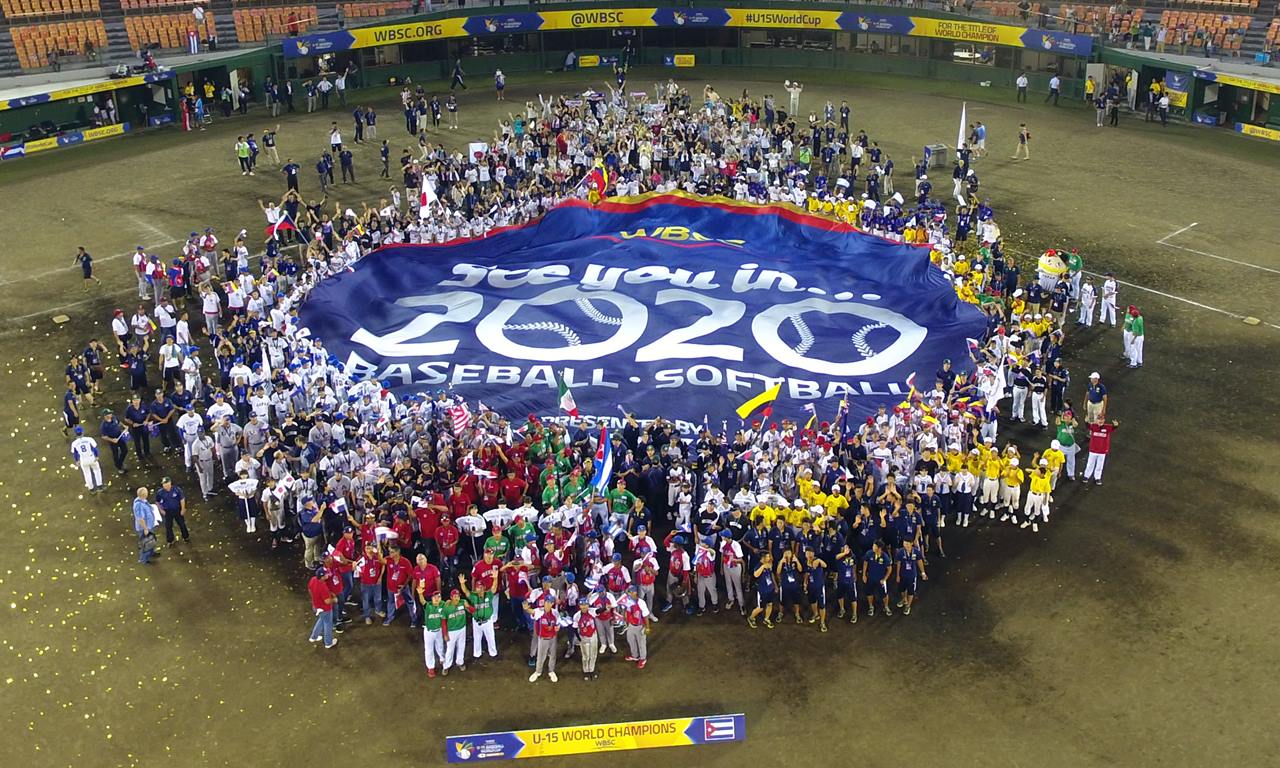
We have heard this week that International Olympic Committee (IOC) President Thomas Bach is considering changing the rules so that cities bidding for the Olympic Games for a second time pay less than those launching a first attempt.
As insidethegames colleague David Owen pointed out, e-sports is positioning itself as a way to refresh the Olympic product. Social media is also repeatedly touted as a means to appeal to young people and get them engaging with the Olympic world.
These are ideas which would have some impact on the Games, but are they really going to tackle key concerns which have seen recent bids buckle and fall out of contention?
With the bidding race for the 2024 Olympics now much slimmer than at the start, having dropped to just two candidates, maybe the time has come for the Games to get slimmer as well.
Clearly, any suggestion of removing sports from the program would be met with outrage by those concerned. Almost every sport desires to be part of the Games, reflected by the scale of applications to be added to the Tokyo 2020 sport program.
While the five which got added to the schedule – baseball/softball, karate, climbing, skateboarding and surfing – might appeal to the people of Japan and engage young people, how much unnecessary pressure might this have added to organizers? Especially as at the time they were added the budget was a concern. A concern which has refused to go away.
Last week, we were sat in the Olympic Council of Asia (OCA) Executive Board meeting in Sapporo and heard about the vast number of sports which are due to appear on the Asian Games program next year in Jakarta and Palembang.
The proposed additions of roller skating, surfing and soft tennis could eventually see a record 42 sports take place at the Games.
While the proposals were made by both organizers and the OCA, you often wonder if they have bitten off more than they can chew. Across sport, are there enough people willing to apply the brakes to ensure an event does not grow too large and ultimately get out of hand financially?
Taking a step out of the sporting bubble, I would be concerned if I was a member of the public living locally to a major sporting event where more and more sports were being added.
Sponsorship money might pile in as a result of a large number of sports, but the average local person will not care a jot. To them, an increased number of sports could mean a higher budget and a greater number of venues. It is not hard to see why there is apathy, with flashbacks of Athens and Rio.
With the cost of hosting major sporting events seen to outweigh the benefits, it might be time for a step back. Rather than vying for records, be it the number of sports, athletes or spectators, some streamlining could prove more attractive to the general population.
Cutting sports entirely seems the most nuclear option in this sense, but allowing potential hosts the same flexibility to opt out of staging particular disciplines, in the same way that they can add them, could have a benefit.
Indeed, if a host decides not to build a velodrome or whitewater center, what is to stop the events from taking place in another country but under the same banner?
With the comprehensive coverage of events being provided on television and online, the vast majority of the audience would not care if they are viewing an event from one velodrome or another. To them, they are one and the same.
Instead we press on. The sporting world does seem dead set on having more.
It is not long since the European Games sprung into existence, followed swiftly by the European Championships concept. The World Beach Games is also due to be held in 2019, following successful editions in Asia.
While the number of events seems to be on the increase, the number of willing and dependable hosts is on the decline. The Commonwealth Games in 2022 has its host in doubt as Durban appears on the way out. The European Games itself struggled for a second host until Minsk in Belarus eventually took on the mantle for 2019.
I am not opposed to the idea of new events emerging. The European Championships planned for Glasgow and Berlin in 2018 looks like a relatively feasible model, although a clear connection between the two hosts appears lacking.
The ability to share the burden of hosting events seems to be far more a sustainable concept, one which is likely to appease candidates and their population alike.
Perhaps cutting the scale and demands of events could act as an incentive for more cities and joint bids to emerge.
Rather than striving for more, could less create more?
By Michael Pavitt
Republished with permission from insidethegames.biz.